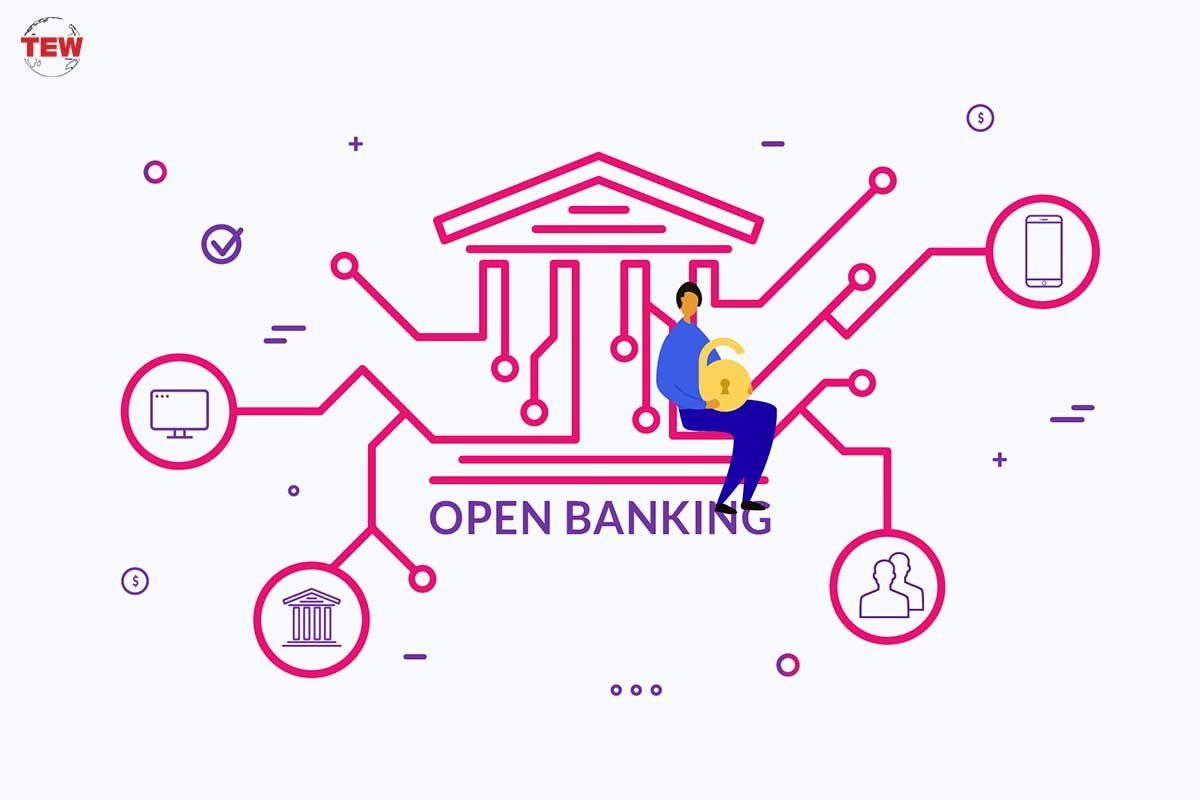Financial innovations have significantly transformed the business landscape over the past few decades. These advancements have revolutionized how companies operate and opened up new avenues for growth and efficiency. From digital payment systems to blockchain technology, each innovation has brought about increased convenience, transparency, and security in financial transactions.
Staying updated with these innovations is crucial for businesses aiming to maintain a competitive edge. Leveraging these modern financial tools and strategies, you can enhance your operational efficiency. You can better manage risks and ultimately achieve sustained growth in a constantly changing business environment.
This article highlights 8 game-changing financial innovations that have revolutionized the global business world.
1. RegTech (Regulatory Technology)
RegTech, or regulatory technology, leverages advanced digital solutions to streamline compliance processes and reduce risk within your business. By automating complex regulatory tasks, RegTech helps you efficiently manage compliance activities, monitor transactions, and ensure adherence to ever-evolving regulations. This innovation shortens response times to regulatory changes and mitigates potential non-compliance risks. For example, AML (Anti-Money Laundering) software can monitor and flag suspicious transactions in real time, while KYC (Know Your Customer) tools can automate the customer verification process.
Incorporating RegTech into your operations helps you significantly lower compliance costs and focus more on core business activities, knowing that regulatory challenges are being managed effectively. It also ensures greater transparency and accountability, allowing your business to maintain a positive reputation in the market. As regulations continue to become more stringent, RegTech is set to play an increasingly significant role in the game-changing financial innovations.
2. Blockchain Technology

Blockchain technology is revolutionizing financial transactions by offering unmatched transparency, security, and efficiency. At its core, blockchain is a decentralized ledger that records transactions across a network of computers, ensuring each one is publicly verifiable and immutable. This removes the need for intermediaries, cutting costs and speeding up financial operations.
Integrating blockchain into your business processes can transform how you manage and record transactions. Its cryptographic nature enhances security, making tampering nearly impossible. This transparency not only builds trust among stakeholders but also simplifies auditing and compliance.
Many businesses are already leveraging blockchain for greater transparency and security. Financial giants like JPMorgan Chase have developed blockchain platforms for faster cross-border payments and fraud reduction. Startups such as Everledger use blockchain to track diamond provenance, ensuring ethical sourcing.
Adopting blockchain can elevate your business’s operational integrity and stakeholder confidence. As more industries recognize its potential, early adoption could position your business as a leader in innovation and security.
3. Cryptocurrency
Cryptocurrencies are digital or virtual forms of currency that use cryptography for secure financial transactions and operate independently of a central bank. They are gaining widespread acceptance across various sectors, including technology, healthcare, finance, manufacturing, retail, education, and more.
Bitcoin, Ethereum, and other cryptocurrencies offer decentralized and transparent financial transactions. Their underlying blockchain technology ensures secure, borderless, and efficient exchanges. This influences international trade and investment strategies. Businesses across all sectors use cryptocurrencies to enable cross-border payments, reduce transaction costs, and mitigate currency exchange risks.
Additionally, cryptocurrencies’ global acceptance fosters innovation in financial products and services, making investment strategies more inclusive and diversified. As more regulators and institutions acknowledge their potential, they are poised to become integral components of the global financial landscape. They are transforming traditional trade and investment paradigms.
4. Artificial Intelligence and Machine Learning in Finance
You can harness the power of Artificial Intelligence (AI) and Machine Learning (ML) for predictive analytics, fraud detection, and personalized financial advice. By analyzing vast amounts of data, AI/ML can forecast market trends, identify suspicious transactions, and offer tailored financial solutions.
Companies like Goldman Sachs use AI/ML to optimize investment strategies and detect fraud efficiently. Similarly, Bank of America’s virtual assistant, Erica®, leverages AI to provide personalized customer insights. By adopting these technologies, you stand to improve decision-making processes, enhance security, and provide better service to your clients, positioning your business at the forefront of game-changing financial innovations. This is one of the game-changing financial innovations.
5. Fintech Startups

The rise of fintech startups is dramatically disrupting traditional banking and financial services. These innovative enterprises are introducing services like peer-to-peer lending, mobile payments, and digital wallets. This offers more accessible, efficient, and convenient alternatives to conventional banking methods.
Companies like Maclear AG are at the forefront of this revolution. They use cutting-edge technology to democratize financial services. As peer-to-peer lending platforms, they facilitate direct borrowing and lending among individuals, bypassing traditional banks. This innovative approach bypasses traditional banking institutions, often resulting in lower fees and more favorable interest rates for both borrowers and lenders.
Mobile payments and digital wallets provide seamless, instant transactions, enhancing consumer experience and financial inclusivity. As these fintech solutions gain traction, they continue to reshape the game-changing financial innovations, challenging established norms and pushing the boundaries of what’s possible in financial services.
6. Robo-Advisors
Robo-advisors are digital platforms that provide automated, algorithm-driven financial planning services. They offer a democratized approach to investment management. Investors receive personalized advice without requiring traditional human advisors. Their key benefits include lower fees and greater accessibility. Many people with modest funds can now invest where it was previously cost-prohibitive. Robo-advisors also streamline the investment process, making it user-friendly and efficient for a broader audience.
7. Open Banking

Open banking is a system that allows banks to share financial information securely with third-party providers. This concept is revolutionizing data sharing and game-changing financial innovations. It promotes transparency, fosters competition, and provides consumers with more choices. Users have better access to a variety of financial products and services tailored to their needs. Open banking drives new, innovative solutions in the industry, enhancing the overall customer experience.
8. ESG Investing (Environmental, Social, Governance)
ESG investing focuses on integrating environmental, social, and governance criteria into financial decisions. This approach influences corporate behavior by encouraging sustainable practices. Investors are increasingly prioritizing companies that align with ESG principles. Businesses that adopt ESG criteria often see long-term benefits, including enhanced reputation and customer loyalty.
For example, companies committed to reducing their carbon footprint or improving labor practices attract ESG-conscious investors. Integrating ESG strategies can lead to more sustainable and socially responsible financial outcomes.




